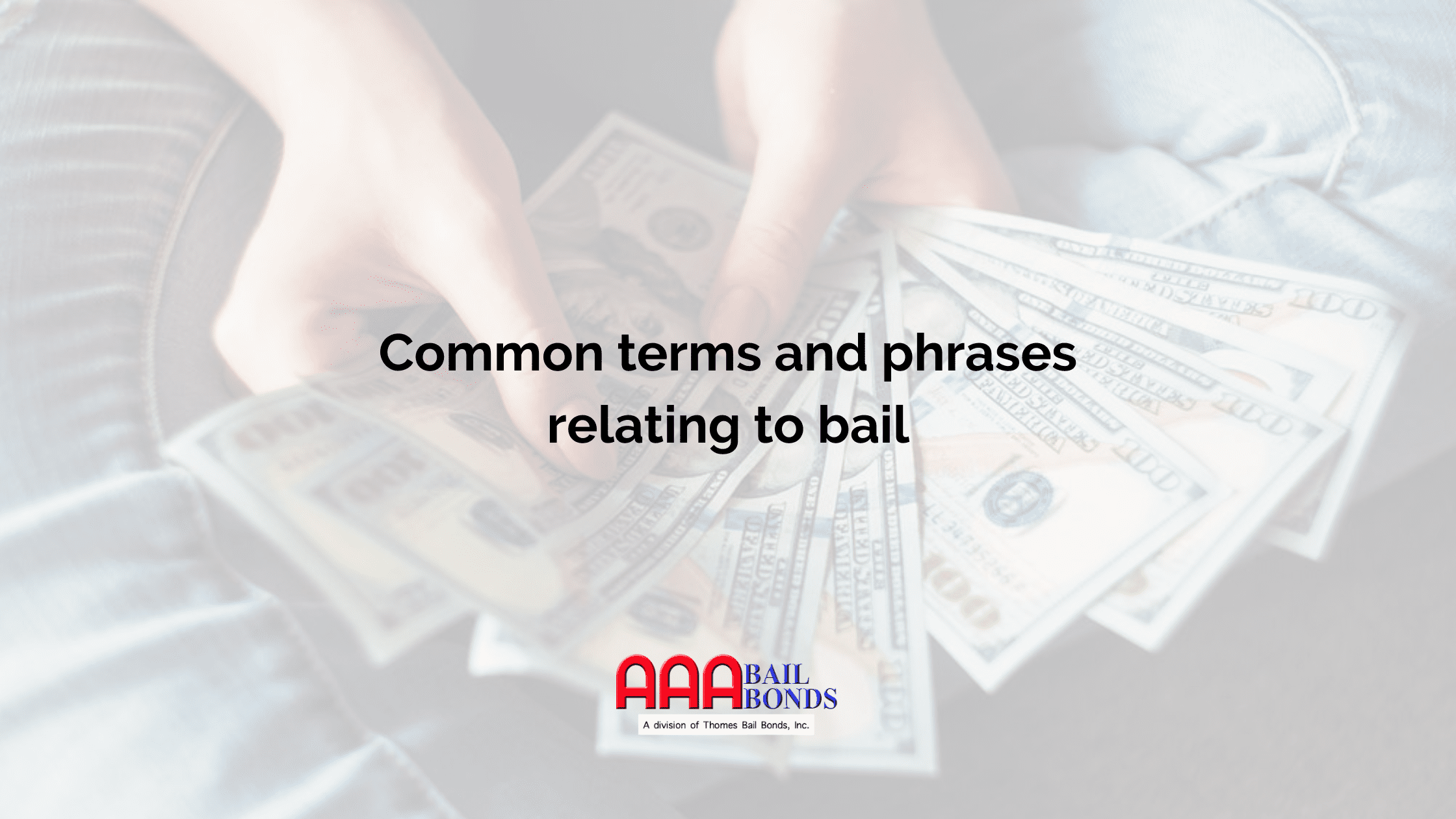“You have the right to remain silent. Anything you say can and will be used against you in a court of law. You have the right to an attorney. If you cannot afford an attorney, one will be provided for you. Do you understand the rights I have just read to you? With these rights in mind, do you wish to speak to me?”
Due to our affinity toward legal dramas and action films, most people have heard Miranda Rights recited on television or in movies. The Miranda Warning, often referred to as Miranda Rights, play an important role for all citizens, even those who will never have them read by a police officer.
The purpose of the Miranda Rights are to prevent law enforcement agents from forcing individuals being interrogated to incriminate themselves. The Miranda Rights were created in response to Miranda v. Arizona in 1966 to assist in defending the 5th Amendment right against compelled self-incrimination, as well as uphold the 6th Amendment right to counsel. If law enforcement officials decline to offer a Miranda warning to a person in custody, they can use the knowledge gained during an interrogation, but cannot use the statements as evidence in a criminal trial.
Unlike what we see in the media, your rights are not always read to you as handcuffs are applied, but must occur prior to direct questioning of a suspect to be used as evidence in a trial. This interrogation can take place with or without an arrest, and may take place at the scene of the crime, or at a law enforcement agency.
Contrary to popular belief, not having your Miranda rights read to you, is not a “get out of jail free” card. Anything you say to a police officer, or that is heard on camera inside of the police car, can be used against you in a court of law. Your Miranda Rights will not apply unless you are saying them in response to a direct question from the officer. So as a rule of thumb, silence is golden, in addition to representation from a lawyer.


